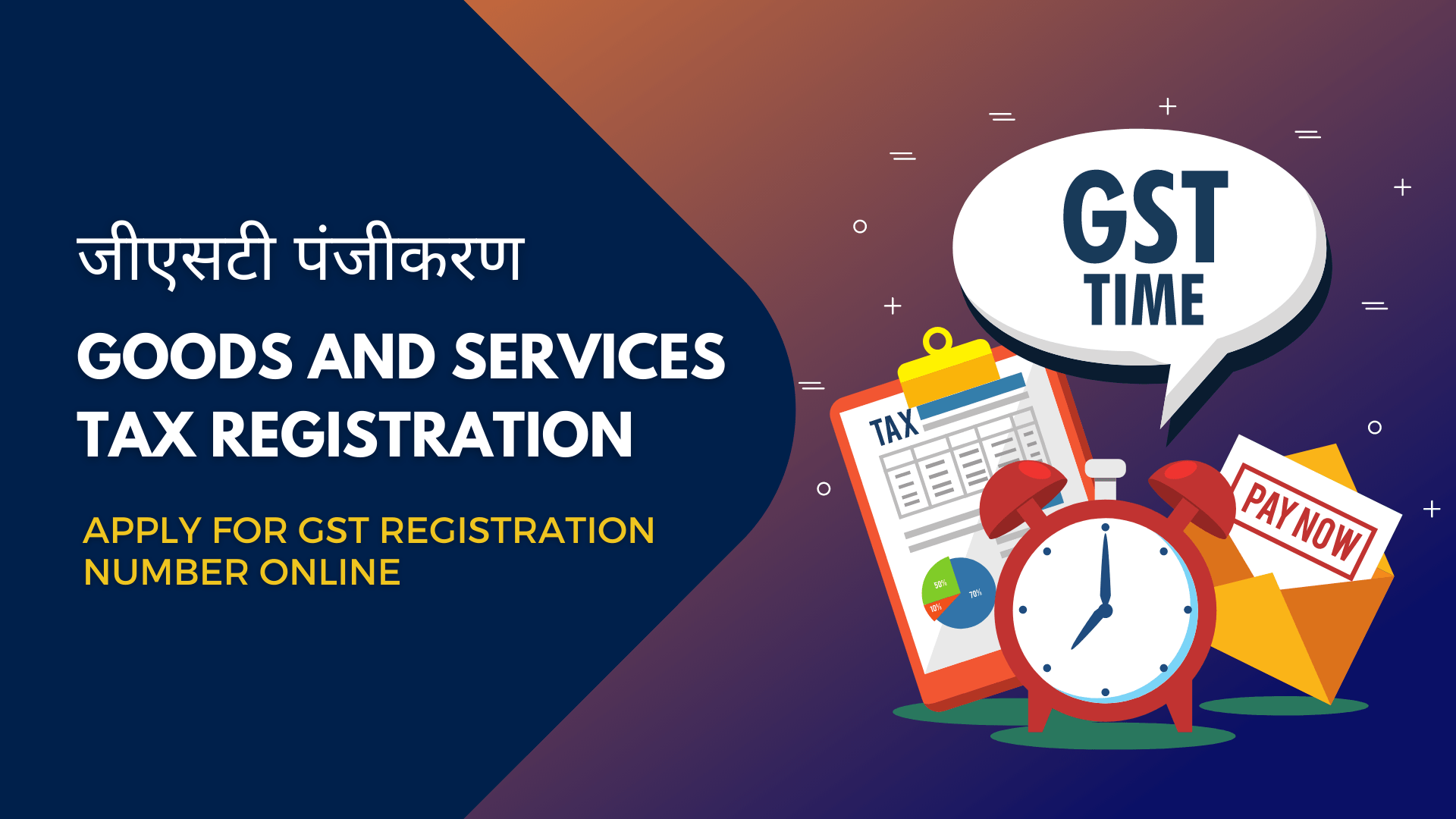Maximizing Tax Obligation Effectiveness: Professional Tips on Browsing the GST Enrollment Puzzle for Little Companies
Navigating the elaborate landscape of Goods and Solutions Tax Obligation (GST) registration can be a labyrinthine job for small companies intending to maximize their tax performance. Recognizing the eligibility requirements, careful documents requirements, calculated timing factors to consider, and experienced enrollment procedure ideas can significantly affect a company's financial standing. Compliance with GST regulations is paramount, and sticking to best practices can improve operations and prevent possible pitfalls. In this conversation, we will certainly discover expert understandings and workable recommendations that can empower little companies to navigate the GST registration maze efficiently and maximize their tax obligation efficiency.
Qualification Standards
Qualification needs for Small company GST Enrollment include particular criteria that companies must meet to abide with tax guidelines. To qualify for GST registration, a service needs to have a yearly turn over exceeding the limit established by the tax obligation authorities, which varies by nation. Furthermore, businesses involved in inter-state supply of goods or services, or those selling items online, might be called for to register for GST, irrespective of their turnover. It is crucial for organizations to precisely identify their eligibility based on these turnover limits to prevent fines for non-compliance. Singapore GST Registration.

Documents Demands
The needed documents usually consists of evidence of business registration or identity, incorporation and address evidence of the business proprietor, photos, bank account details, and evidence of the principal area of company. In addition, services require to supply details of their organization tasks, consisting of the services or goods supplied.
Besides the compulsory records, organizations might likewise be required to send added details based upon their certain circumstances. This can consist of records related to partnerships, the authorization of notaries, or any type of other relevant agreements. Keeping all required documentation arranged and conveniently accessible can simplify the registration process and aid organizations follow the demands efficiently - Singapore GST Registration. Failure to provide the called for documents might cause delays or also denial of the GST enrollment application. For that reason, careful focus to detail and adherence to the documentation guidelines are vital for a successful GST enrollment procedure for small companies.
Timing Factors To Consider
Thinking about the crucial documentation requirements have been meticulously addressed, the next critical aspect for local business getting started on the GST registration process is the strategic monitoring of timing factors to consider. Timing plays a crucial role in GST registration, influencing not only compliance yet also financial elements of business. Small companies require to meticulously intend the timing of their useful site GST registration to take full advantage of benefits and decrease possible risks.

Additionally, businesses should line up the timing of their GST enrollment with their functional readiness. Appropriate preparation, such as upgrading audit systems and training team, is necessary to seamlessly integrate GST demands right into daily procedures. By tactically taking care of timing considerations, local business can browse the GST enrollment process efficiently and maximize their tax obligation efficiency.
Registration Process Tips
Successfully browsing the GST registration process needs small services to implement critical and proactive enrollment process pointers. This consists of company enrollment records, evidence of address, financial institution statements, and recognition proofs of the organization owners.
Additionally, understanding the limits and demands for GST enrollment based on the details state or area where the company runs is essential. Some states have different turn over limits that cause necessary enrollment, so being educated concerning these thresholds can help companies intend ahead.
An additional valuable idea is to think about looking for expert support from accountants or tax experts who specialize in GST registration. Their experience can streamline the process, lower errors, and make sure compliance with all regulations.
Compliance Finest Practices
Navigating the GST registration process efficiently requires not only critical enrollment process pointers yet likewise thorough adherence to compliance best techniques to guarantee continuous regulative positioning. Local he has a good point business have to focus on compliance to stay clear of charges and keep an excellent standing with tax authorities. One crucial finest method is to maintain precise and comprehensive records of all purchases. This consists of billings, invoices, and various other financial files that might be needed for tax obligation audits or conformity checks. In addition, remaining informed regarding any kind of updates why not find out more or modifications to GST policies is necessary. Small company owners should frequently examine government standards and look for professional suggestions if required to ensure they are satisfying all needs. It is additionally recommended to file GST returns on schedule to prevent late fees and penalties. By integrating these compliance best practices right into their procedures, local business can navigate the complexities of GST enrollment with confidence and performance.
Conclusion
In final thought, local business can navigate the GST enrollment puzzle by ensuring they meet eligibility criteria, collect called for documents, consider timing ramifications, comply with enrollment procedure tips, and follow compliance finest techniques. By making best use of tax effectiveness through appropriate GST registration, businesses can boost their financial administration and procedures.
Browsing the detailed landscape of Item and Solutions Tax Obligation (GST) registration can be a labyrinthine job for small services intending to optimize their tax obligation performance.Eligibility demands for Small Company GST Registration include details requirements that services have to satisfy to comply with tax obligation laws. The required paperwork usually consists of proof of organization registration or address, consolidation and identity evidence of the service owner, pictures, financial institution account information, and proof of the major area of company. Additionally, services require to offer details of their service activities, consisting of the solutions or goods provided.Effectively browsing the GST registration procedure calls for tiny companies to apply calculated and aggressive enrollment procedure pointers.